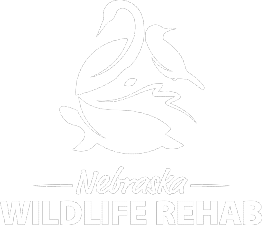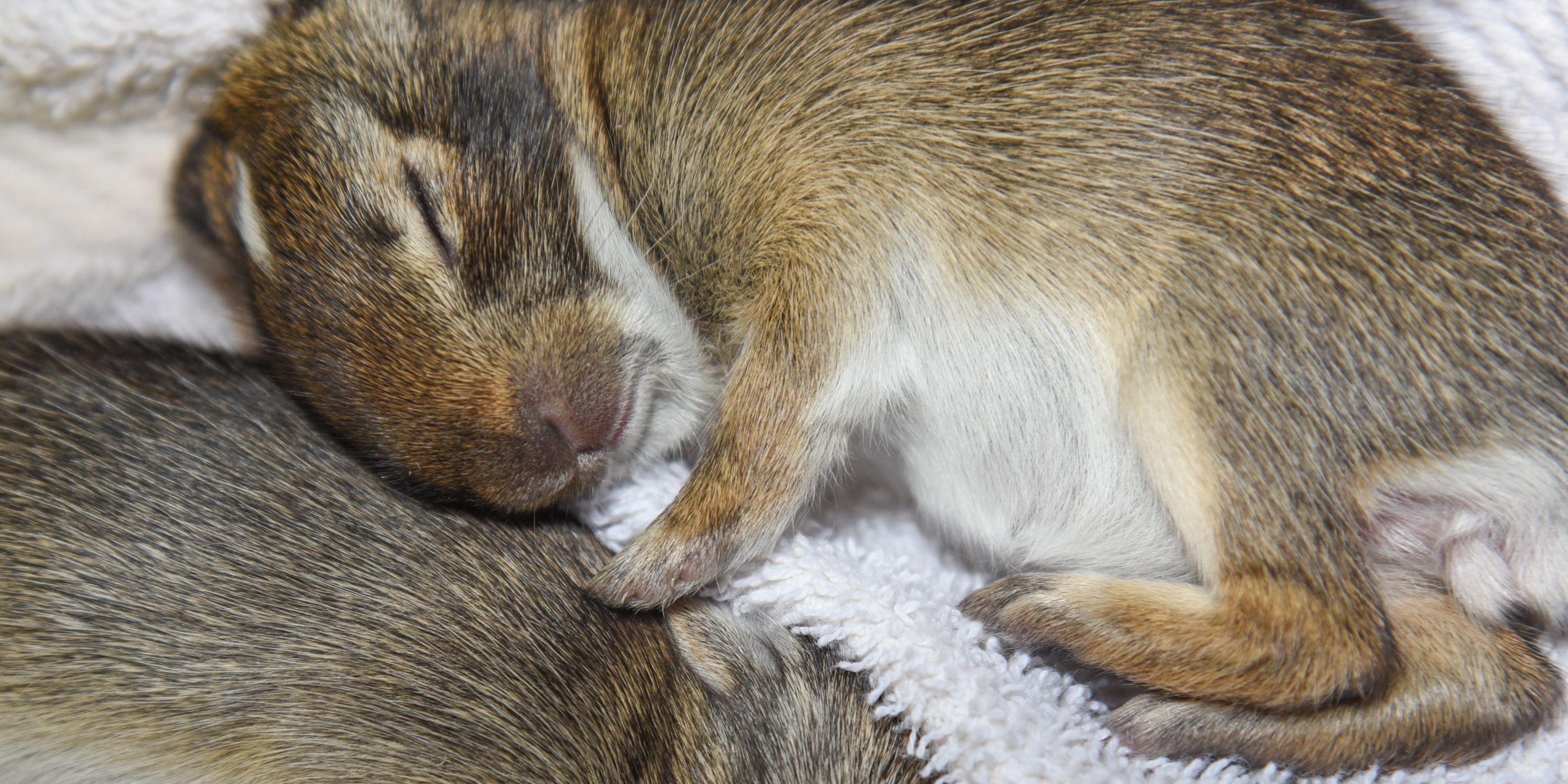What You Should Know
Any animal (baby or adult) that is obviously injured or ill needs to be rescued. You can tell if a wild animal is injured or ill if it is:
- Bleeding
- Cold and still
- Covered in flies and/or maggots
- An adult and is easily captured by hands
- Has open wounds or a fractured limb
- Cannot use one or more of its legs
All birds and mammals will continue to care for their babies even if the babies have been touched by humans.
A baby animal exposed in a wide open area with no cover is in trouble. Look for a tree they might have fallen from or a nest in the ground they may have crawled from. Is there a predator in the area? Has the area recently been affected by construction, tree trimming, a fire, or a flood? You can usually determine where the baby may have come from.
If at all possible, return uninjured babies to their nests or dens (if they are warm). Next, leave the area and wait for the mother animal to return. A mother animal will not return to the nest if humans are present. You must leave the area for a reunification to be possible. If the mother doesn't return within 4-6 hours, contact NWR.
Read more about the species you have on this page before rescuing a baby animal. If you determine an animal does need to be rescued, do the following:
- Line a cardboard or plastic container with an old t-shirt or towel. Place the animal in the box.
- Gently warm a baby animal by placing it in a shoebox or container that can be set half on/half off a heating pad set on a low setting or wrap a hot water bottle (filled with very warm but not hot water) in a towel and place it in the container with the baby.
- Put the box in a dark quiet place, away from children and pets, and do not handle the animal.
- Contact NWR to make arrangements to transfer the animal into care.
DO NOT feed the wild animal anything. Feeding a wild animal cow's milk, breast milk or baby formula can cause severe illness and death. The same is true for feeding any sick or compromised animal anything at all.
Immediately call Nebraska Wildlife Rehab for further instructions. The quicker you act, the greater chances this baby has to survive and to be returned to the wild.
It is illegal to try to keep a wild animal without the appropriate permits. You cannot keep an animal you find and try to raise it yourself. Please contact us for help!
Always wear gloves if you have to handle a wild animal. If you or anyone else is bitten or scratched by a wild animal contact your health care provider immediately.

